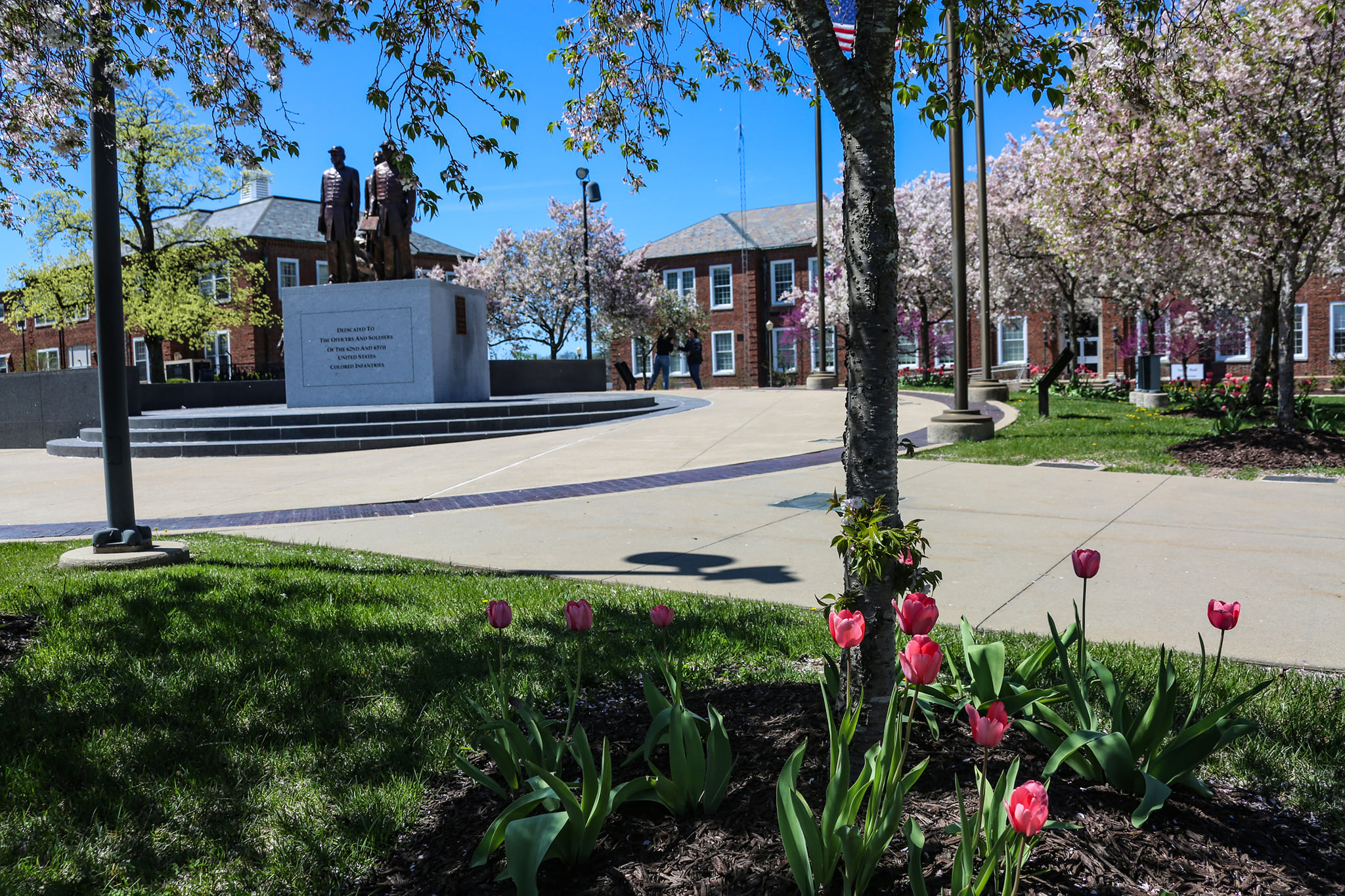Exploring the Viability of Freshwater Prawns in Fish Farming: Internship Plans for Students from the Federal University of Pará at Lincoln University
Office of Communications and Marketing
Young Hall
820 Chestnut Street
Jefferson City, MO 65101
 Photo of Dr. Flickfinger's Research
Photo of Dr. Flickfinger's Research

Dr. Dallas Flickinger, an aquaculture assistant professor at Lincoln University of Missouri (LU), is exploring innovative and viable advancements in the aquaculture sector by spearheading a research grant from the United States Department of Agriculture (USDA) through collaboration with the Federal University of Pará (UFPA) in Brazil. By combining the expertise and resources of these institutions, this partnership plans to promote sustainability practices and contribute to securing a more environmentally conscious future for aquaculture.
Flickinger articulates the grand scope of this research endeavor, stating, “This grant research will study the economic viability and environmental benefits of freshwater prawns in fish farming when performed in earthen ponds. The lack of published data on the economic and environmental impact of fish and prawn polyculture in the United States underscores the importance of this study. This work performed through the research grant will establish a foundation for future research, simplifying the question of whether adding prawns is more profitable and environmentally beneficial.”
Through this collaboration, UFPA will contribute students as interns who will reside at Lincoln University, actively participating in fresh-water prawn research in Missouri. This initiative is poised to unfold over a substantial three-year period once set in motion. The partnership between UFPA and LU began as a proposal by UFPA Aquaculture Coordinator Dr. Cristiana Maciel, who has known Flickinger since he started his doctorate in 2013 at São Paulo State University (UNESP) in Brazil. In search of a reliable and experienced colleague, Marciel reached out to Flickinger as an ideal candidate to actively contribute to an international internship due to his ability to speak Portuguese and his extensive expertise in aquaculture.
"My fluency in Portuguese enables me to host interns from Brazil who speak any level of English,” says Flickinger. “This would allow Lincoln University to have a large pool of potential interns with a high skill level not impeded by a language barrier, while also gaining doctorate-level UFPA students solely dedicated to assisting major projects.”
Flickinger highlighted UFPA’s dedication to fostering a lasting partnership to progress aquaculture research and maintain internship opportunities for UFPA students at Lincoln University.
"I have plans for additional projects with UFPA, and I anticipate a sustained collaboration between Lincoln University and the Federal University of Pará,” Flickinger says. “UFPA is eager to establish a long-term partnership as it has not previously engaged with American professors specializing in aquaculture. Lincoln University provides a platform for Brazilian students to engage in internships and aquaculture projects in a different environment.”
The collaboration between UFPA and LU under Dr. Flickinger's leadership promises to yield unique innovations in aquaculture, addressing some of the pressing challenges facing the industry today. As aquaculture continues to play a pivotal role in global food security, collaboration has the potential to impact communities, economies, and ecosystems. With Lincoln University and the Federal University of Pará's focus on research development, its efforts may benefit both institutions and serve as a valuable model for fostering global collaboration in the pursuit of a more sustainable and productive aquaculture industry.
Learn more about aquaculture research at Lincoln University.
